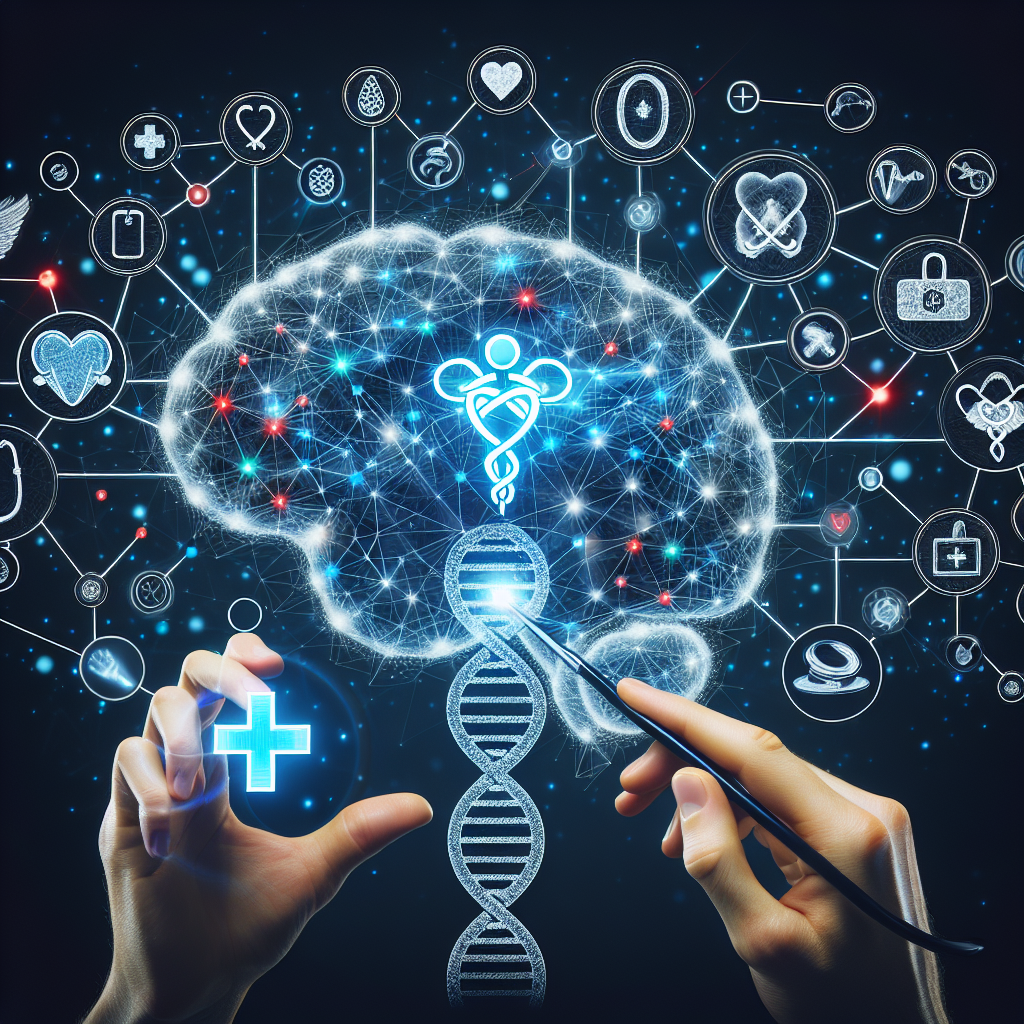In recent years, the healthcare industry has seen significant advancements in technology, particularly in the field of artificial intelligence (AI). AI has the potential to revolutionize the way health information is exchanged, making the process more seamless and efficient. Health Information Exchange (HIE) is the electronic sharing of patient health information between healthcare providers, allowing for improved coordination of care and better patient outcomes. By leveraging AI, HIE can be enhanced to provide even greater benefits to patients and healthcare professionals.
AI has the ability to analyze large amounts of data quickly and accurately, which is essential for HIE. By using AI algorithms, healthcare providers can more easily access and share patient information in real-time, leading to better decision-making and more coordinated care. AI can also help to automate processes, such as data entry and retrieval, making HIE more efficient and reducing the likelihood of errors.
One of the key benefits of AI in HIE is its ability to improve clinical decision-making. By analyzing patient data and providing insights and recommendations, AI can help healthcare providers make more informed decisions about patient care. This can lead to better outcomes for patients and reduce the risk of errors or misdiagnoses. AI can also help to identify patterns and trends in patient data, which can be used to improve population health management and disease prevention efforts.
Another important aspect of AI in HIE is its ability to enhance patient engagement. By providing patients with access to their own health information through AI-powered tools, such as mobile apps or patient portals, patients can take a more active role in their healthcare. This can lead to better communication between patients and healthcare providers, improved adherence to treatment plans, and ultimately, better health outcomes.
AI can also help to improve the security and privacy of health information exchanged through HIE. By using AI-powered tools to monitor and detect potential security threats, healthcare providers can better protect patient data and ensure compliance with regulations such as HIPAA. AI can also help to identify and mitigate risks associated with data breaches, such as unauthorized access or data leaks.
In addition to these benefits, AI can also help to reduce costs associated with HIE. By automating processes and streamlining workflows, AI can help healthcare providers save time and resources, allowing them to focus on providing quality care to patients. AI can also help to identify inefficiencies in the healthcare system, such as duplicate tests or unnecessary procedures, leading to cost savings for both healthcare providers and patients.
Overall, AI has the potential to transform the way health information is exchanged, making the process more seamless and efficient. By leveraging AI-powered tools and algorithms, healthcare providers can improve clinical decision-making, enhance patient engagement, ensure the security and privacy of patient data, and reduce costs associated with HIE. As AI continues to advance, the possibilities for its use in HIE are endless, offering significant benefits to both patients and healthcare professionals.
FAQs
1. What is artificial intelligence (AI) in healthcare?
Artificial intelligence (AI) in healthcare refers to the use of advanced technology and algorithms to analyze and interpret complex medical data. AI can help healthcare providers make more informed decisions, improve patient outcomes, and enhance the efficiency of healthcare processes.
2. How does AI improve health information exchange (HIE)?
AI can improve health information exchange by analyzing large amounts of data quickly and accurately, providing insights and recommendations to healthcare providers, enhancing patient engagement, improving security and privacy, and reducing costs associated with HIE.
3. What are some examples of AI-powered tools used in health information exchange?
Some examples of AI-powered tools used in health information exchange include mobile apps, patient portals, data analytics platforms, and security monitoring systems. These tools can help healthcare providers access and share patient information more efficiently and securely.
4. How can patients benefit from AI in health information exchange?
Patients can benefit from AI in health information exchange by having access to their own health information through AI-powered tools, such as mobile apps or patient portals. This can help patients take a more active role in their healthcare, improve communication with healthcare providers, and ultimately, lead to better health outcomes.

